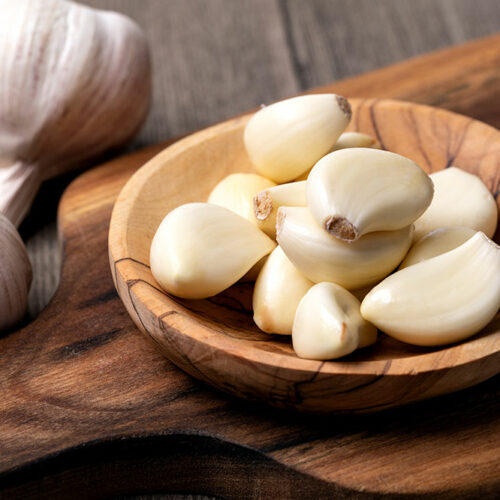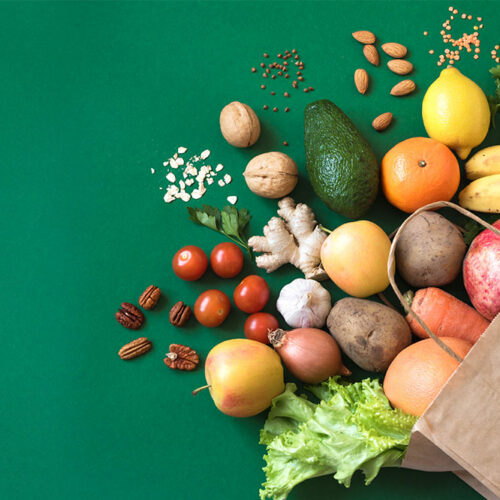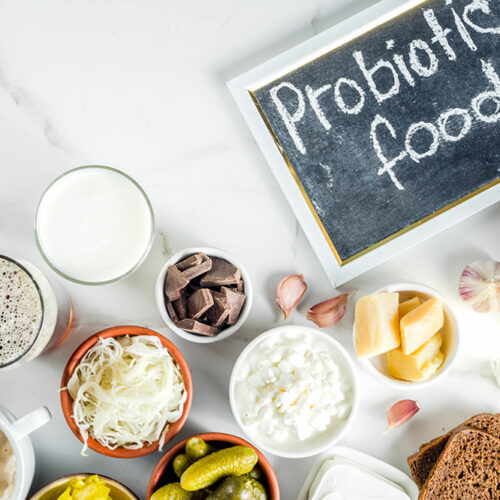Early signs and risk factors of deep vein thrombosis

Deep vein thrombosis, or DVT, is a condition that results from blood clots forming in one of the deep veins of the body. It is a serious condition that needs to be diagnosed as early as possible. However, only half the people with DVT experience the symptoms and early signs that can facilitate an early effective diagnosis. But those with a high risk of DVT may experience certain early signs. Early signs of deep vein thrombosis Some common early signs and symptoms of deep vein thrombosis include the following. There is swelling in one side of the ankle, foot, or leg. There is severe pain in the affected leg that causes cramping in the calf area. A person may also experience debilitating pain around the ankle or the affected foot. The skin around the area where clotting has started feels warmer. The skin around and over the affected area starts to appear reddish or blushing and looks pale. When the blood starts to clot in the upper body, especially in one of the arms, a person may experience the following early signs of deep vein thrombosis. There is pain in the neck. There is discomfort or pain in the shoulder of the affected arm.






